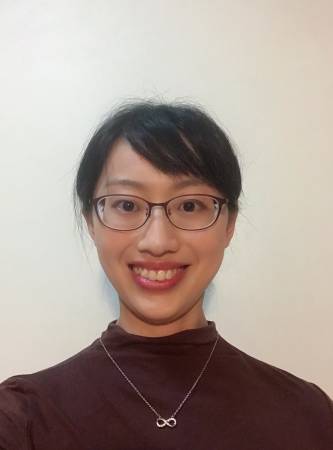PhD Speaking Qualifier
Magnification-invariant retinal distance estimation using a laser aiming beam
Abstract: Retinal surgery procedures like epiretinal membrane peeling and retinal vein cannulation require surgeons to manipulate very delicate structures in the eye with little room for error. Many robotic surgery systems have been developed to help surgeons and enforce safeguards during these demanding procedures. One essential piece of information that is required to create and [...]
Bridging Humans and Generative Models
Abstract: Deep generative models make visual content creation more accessible to novice and professional users alike by automating the synthesis of diverse, realistic content based on a collected dataset. People often use generative models as data-driven sources, making it challenging to personalize a model easily. Currently, personalizing a model requires careful data curation, which is [...]
Impulse considerations for reasoning about intermittent contacts
Abstract: Many of our interactions with the environment involve making and breaking contacts. However, it is not always obvious how one should reason about these intermittent contacts (sequence, timings, locations) in an online and adaptive way. This is particularly relevant in gait generation for legged locomotion control, where it is standard to simply predefine and [...]
Robust Incremental Smoothing and Mapping
Abstract: In this work we present a method for robust optimization for online incremental Simultaneous Localization and Mapping (SLAM). Due to the NP-Hardness of data association in the presence of perceptual aliasing, tractable (approximate) approaches to data association will produce erroneous measurements. We require SLAM back-ends that can converge to accurate solutions in the presence [...]
Robotic Interestingness via Human-Informed Few-Shot Object Detection
Abstract: Interestingness recognition is crucial for decision making in autonomous exploration for mobile robots. Previous methods proposed an unsupervised online learning approach that can adapt to environments and detect interesting scenes quickly, but lack the ability to adapt to human-informed interesting objects. To solve this problem, we introduce a human-interactive framework, AirInteraction, that can detect [...]
FRIDA: Supporting Artistic Communication in Real-World Image Synthesis Through Diverse Input Modalities
Abstract: FRIDA, a Framework and Robotics Initiative for Developing Arts, is a robot painting system designed to translate an artist's high-level intentions into real world paintings. FRIDA can paint from combinations of input images, text, style examples, sounds, and sketches. Planning is performed in a differentiable, simulated environment created using real data from the robot [...]
Robust and Context-Aware Real-Time Collaborative Robot Handling with Dynamic Gesture Commands
Abstract: Real-time collaborative robot (cobot) handling is a task where the cobot maneuvers an object under human dynamic gesture commands. Enabling dynamic gesture commands is useful when the human needs to avoid direct contact with the robot or the object handled by the robot. However, the key challenge lies in the heterogeneity in human behaviors [...]
Dynamic Route Guidance in Vehicle Networks by Simulating Future Traffic Patterns
Abstract: Roadway congestion leads to wasted time and money and environmental damage. Since adding more roadway capacity is often not possible in urban environments, it is becoming more important to use existing road networks more efficiently. Toward this goal, recent research in real-time, schedule-driven intersection control has shown an ability to significantly reduce the delays [...]
Controllable Visual-Tactile Synthesis
Abstract: Deep generative models have various content creation applications such as graphic design, e-commerce, and virtual Try-on. However, current works mainly focus on synthesizing realistic visual outputs, often ignoring other sensory modalities, such as touch, which limits physical interaction with users. The main challenges for multi-modal synthesis lie in the significant scale discrepancy between vision [...]
Perceiving Particles Inside a Container using Dynamic Touch Sensing
Abstract: Dynamic touch sensing has shown potential for multiple tasks. In this talk, I will present how we utilize dynamic touch sensing to perceive particles inside a container with two tasks: classification of the particles inside a container and property estimation of the particles inside a container. First, we try to recognize what is inside [...]





